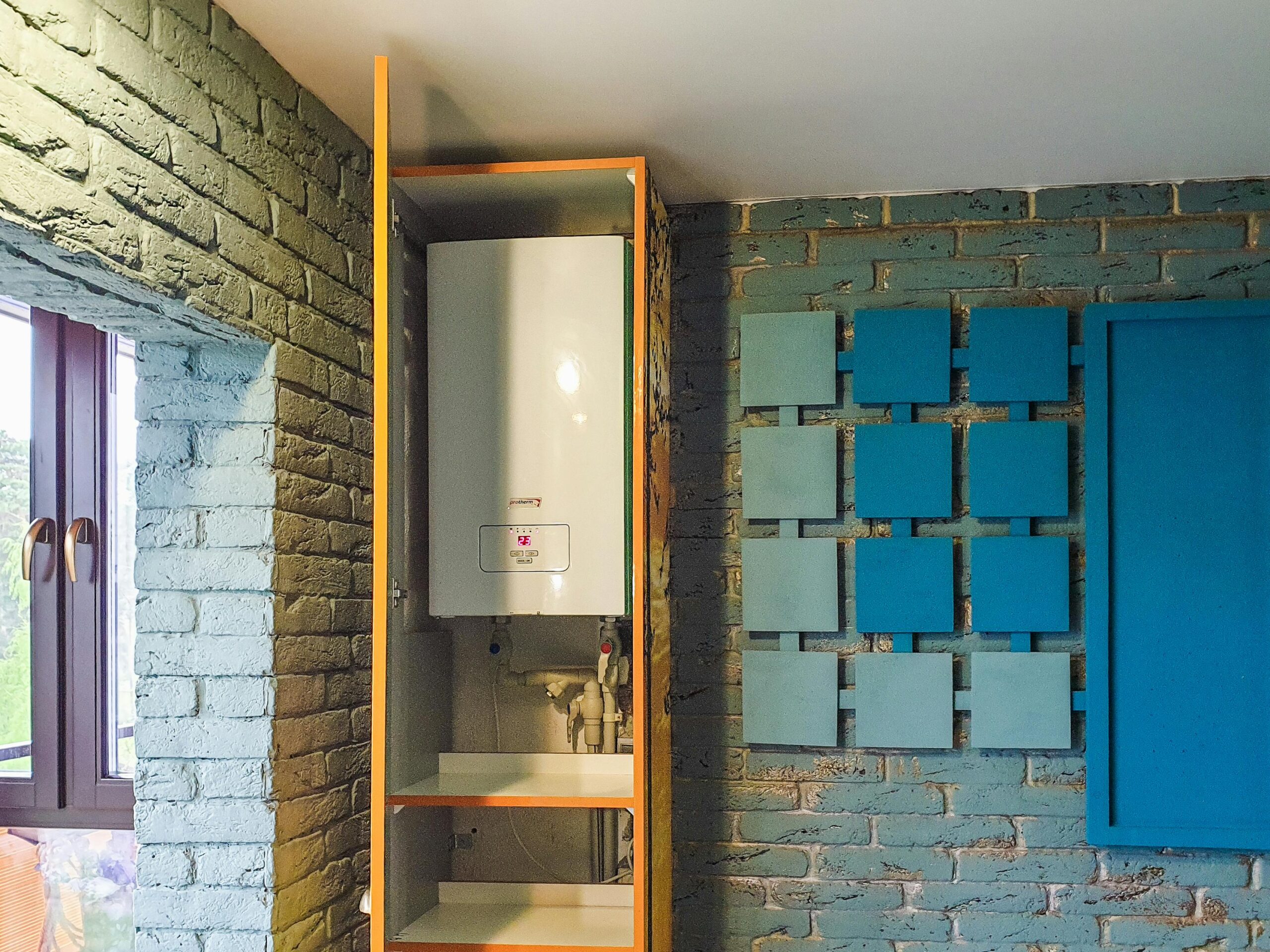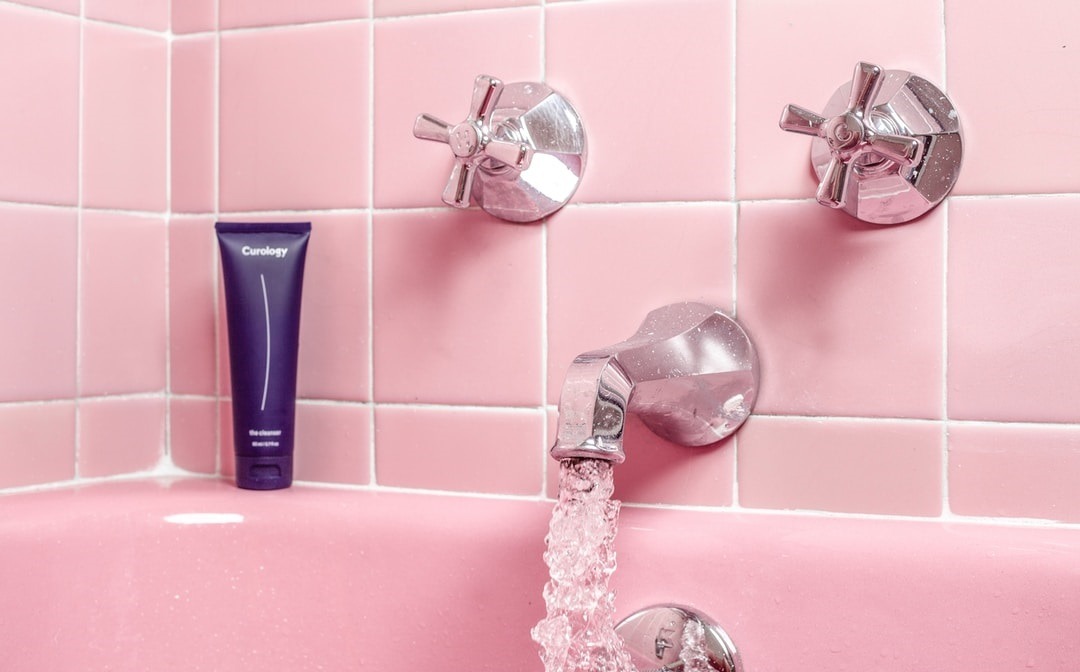Practically everyone is familiar with water heaters. However, people typically think of the traditional water heaters consisting of large tanks that house gallons of hot water. Not everyone has seen or even knows what a tankless water heater is. Tankless water heaters, sometimes referred to as on-demand water heaters, only heat water when needed. As a result, you get hot water on demand while reducing wasted energy.
But what are the top benefits of a tankless water heater? In this article, we’ll examine some of the most substantial benefits that these water heaters have to offer so you can decide whether you should make the switch or not.
A tankless water heater is more energy-efficient than traditional water heaters
Tank-style water heaters have a burner that heats water stored in their tanks waiting for you to use. In consequence, these water heaters experience something known as standby energy loss. The energy used to heat the water dissipates while it sits in the tank, causing the water to cool off when you’re not using it, only to be reheated again. This thermal cycle requires a lot of energy, resulting in higher utility bills.
On the other hand, tankless heaters eliminate this issue, as they only heat water as needed. When you turn on the hot water at a faucet or different location, cold water flows through a pipe into the tankless water heater to be heated by an electric heating element or gas burner, depending on the style of the tankless water heater. Accordingly, no hot water is wasted, dramatically lowering your energy bills. On average, a tankless water heater is roughly 20 percent more energy-efficient than traditional water heaters. You can also check out energy efficient water heaters for more great options.
With a tankless water heater, you’ll never have to worry about running out of hot water again
Almost everyone is familiar with the task of waiting for the water to heat back up again after someone else takes a shower. This situation is because tank-style water heaters only heat the water stored in the tank. Therefore, once that water is gone, you’ll need to wait for the tank to refill and heat the new water.
When you have a tankless water heater, it offers a nonstop supply of hot water at the preset temperature you’ve chosen. These water heaters can produce approximately 5 to 7 gallons of hot water every minute, meaning you should have enough hot water to take multiple showers and run several hot-water appliances all at the same time. In addition, tankless heaters can’t run out of water because it’s heated as it flows through the pipes. Get answers to your questions by checking out how often do water heaters need replacement.
A tankless water heater has a longer life span than conventional water heaters
Typically, a tankless water heater will last roughly twice as long as tank-style water heaters. In addition, these water heaters often offer a longer warranty than conventional water heaters. Therefore, if you have any trouble with your tankless water heater, you won’t need to pay for repairs or replacement for much longer than a conventional water heater, saving you countless dollars over the years. Many tankless water heater manufacturers offer warranties as long as 20 years, which is already the usual life span of a traditional water heater. Get answers to your questions by checking out how do i choose a water heater.
You can save space by switching to a tankless water heater
Since a tankless water heater doesn’t have a tank, they take up far less space than a conventional water heater. In addition, these water heaters sport a compact design and are often mounted on a wall in your house. That being the case, they make a perfect choice for small spaces like your laundry room.
Ditch the tank and switch to a tankless water heater today.
If you’re looking to lower your energy bills, save on appliance repairs, save space, and never worry about running out of hot water again, you should consider making the switch to a tankless water heater.


